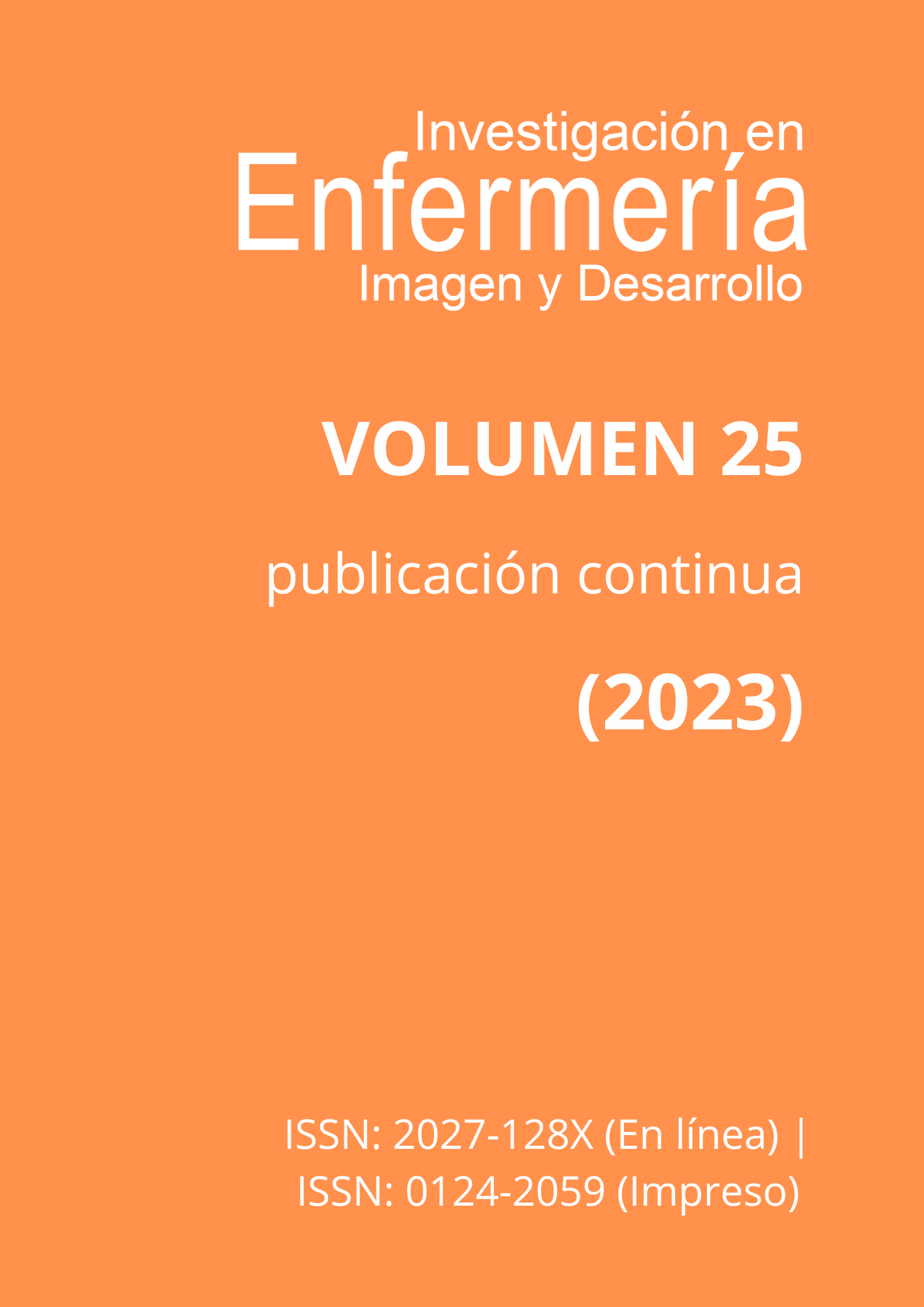Abstract
Introduction: Intensive Care Units (ICU) are specialized services for the care of critical patients. The hospitalization of a patient directly affects the health status of their relatives, therefore, a psychoeducational intervention is required to reduce the effect on families, favoring coping and adaptation. Objective: To determine the components with the highest consensus among experts to operationalize the psychoeducational intervention that improves coping and adaptation in relatives of patients hospitalized in the ICU. Methodology: Primary, quantitative and descriptive study, carried out using the Delphi technique, through a single round among health professionals with more than two years of experience in critical patient care or research in this area. Results: 14 items were obtained, distributed as follows: component matrix (3 items) and intervention protocol (11 items). 7.14% of the items reached a total consensus, 85.7% acceptable and only 7.14% of the items did not reach a consensus. Discussion: The components, activities and actions proposed in the psychoeducational intervention through the matrix of components such as the intervention protocol, according to the consensus of experts is pertinent, congruent, feasible and generates impact, which allows to improve the coping and adaptation of relatives of patients hospitalized in ICU. Conclusions: The intervention needs to be validated by means of a pilot test and a quasi-experimental study that allows measuring the impact of these results.

This work is licensed under a Creative Commons Attribution 4.0 International License.
Copyright (c) 2023 Investigación en Enfermería Imagen y Desarrollo

